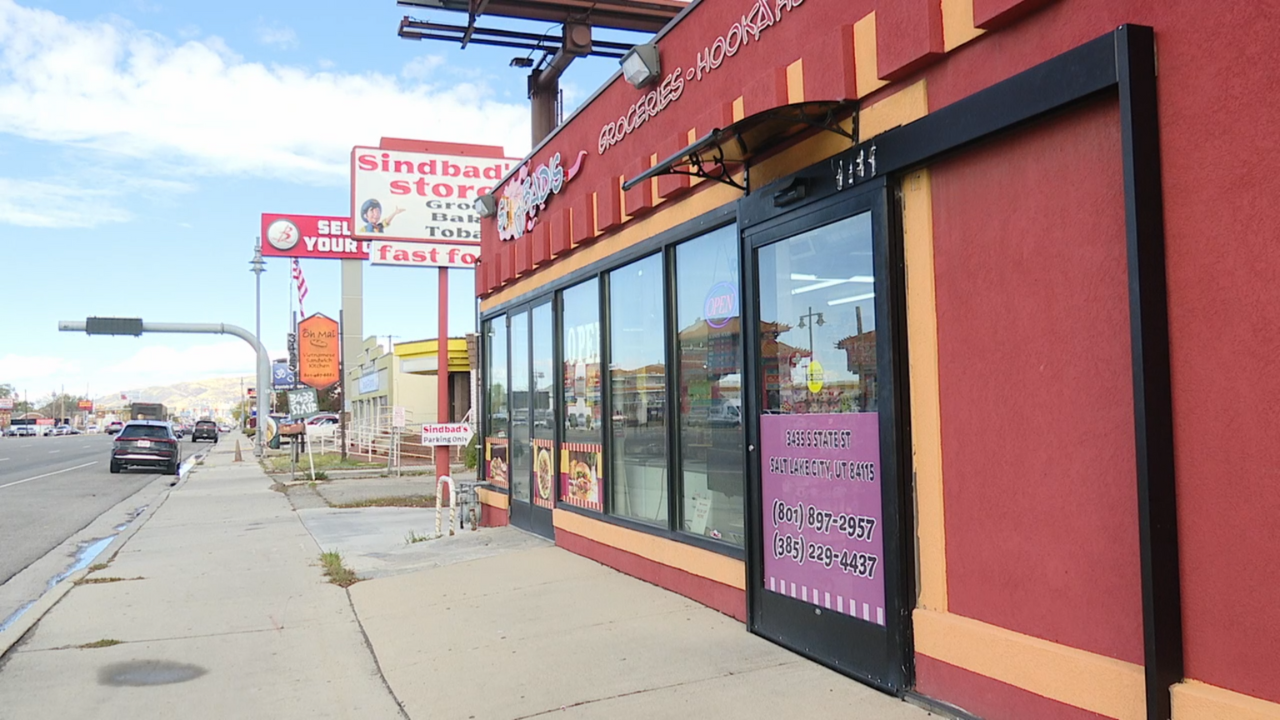SALT LAKE CITY — As families struggle to figure out how to make ends meet without SNAP benefits in November, business owners are worried about the potential ripple effects.
"Anything that’s not essential would be categories that people could be saving more on and using that money to put food on the table,” said Jason Cook, an assistant professor at the David Eccles School of Business at the University of Utah, who researches the SNAP program.
"One in eight Americans are served by SNAP, and SNAP sales account for nearly 12 percent of grocery sales in the US,” explained Cook. “And for the individual family, SNAP accounts for roughly 8% of what they would spend on food, so it’s a big share. So, if you think about suddenly removing that, it’s going to have huge implications."
Ragda Safah runs Sindbad’s Store and Restaurant, a Middle Eastern market in Salt Lake City. She said a majority of her customers receive SNAP benefits.
"My store is also depending on those customers,” she explained. “I saw that impact since last week, but I’m predicting next week will be harder." She said people have already been spending less, with all the uncertainty around SNAP and doesn’t know how much this will hurt her business, especially after a difficult year with tariffs already. She’s worried about her customers, and about what will happen to their families. "It’s very stressful, to have people think of how will they survive?"
"It’s inconceivable that this is happening, it just isn’t right. And we don’t want to see anyone have to make tough decisions,” said Jennifer Nuttall, executive director, Neighborhood House.
She is worried that one of those decisions could be not paying for childcare.
"When push comes to shove, we don’t want them taking their kids out of childcare,” said Nuttall. “For one thing, that’s going to impact their work situation which is going to further impact their finances, and we don’t want that child to not have the quality programming that’s going to help them succeed.”
Even though Neighborhood House offers low-cost childcare with a sliding scale for families based on their income, Nuttall thinks it won't be enough.
They are trying to fundraise to help these families and collect food for them as well, which you can find here.
"I think we are looking at a snowball effect that’s really going to impact so many families,” she added.
And for Safah, she hopes things get better soon. "I just hope this is temporary,” she said.




